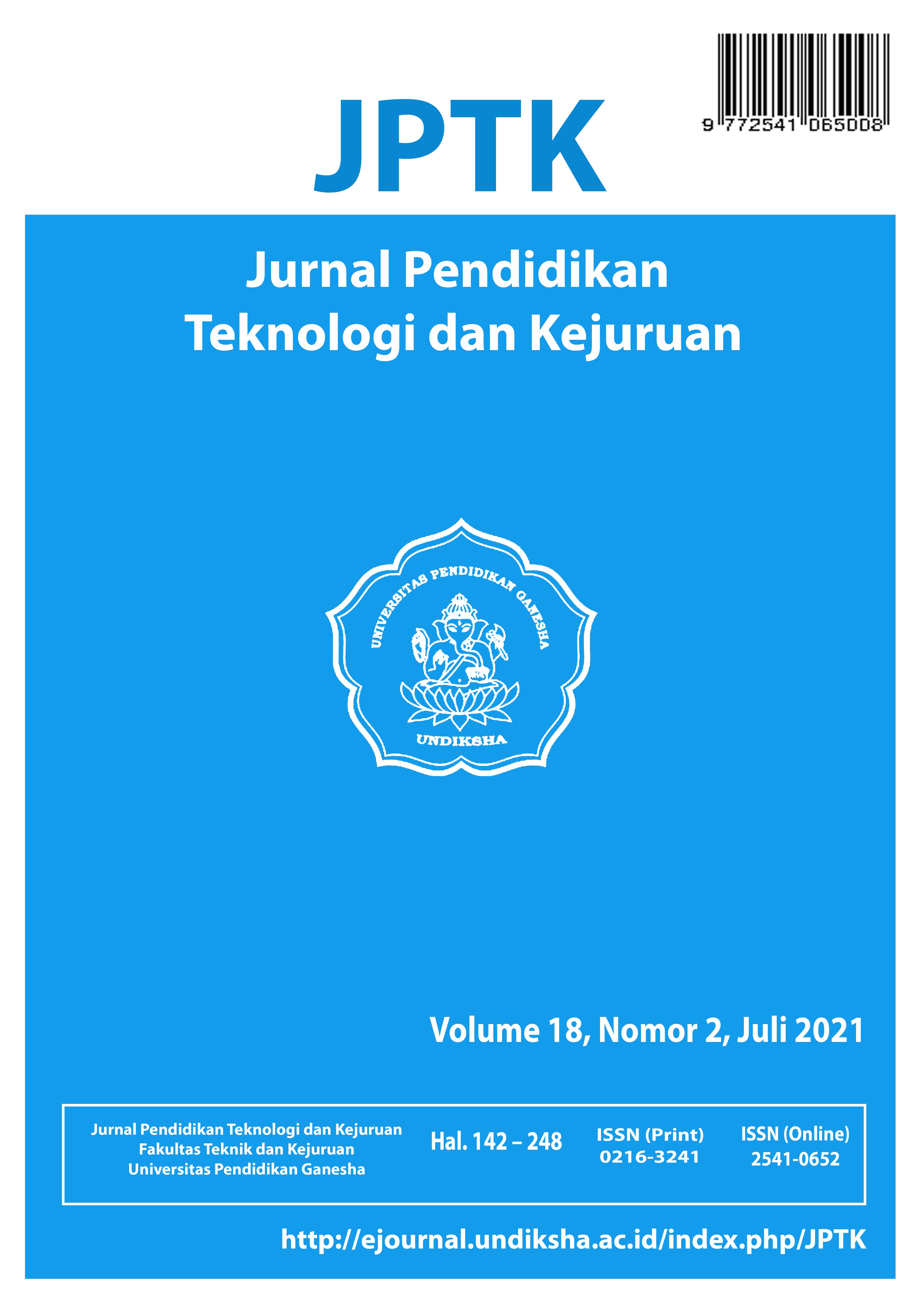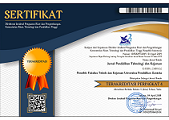IMPLEMENTASI SISTEM BACKUP DATA PADA SISTEM INFORMASI PERPUSTAKAAN UNIVERSITAS PENDIDIKAN GANESHA
DOI:
https://doi.org/10.23887/jptk-undiksha.v18i2.35597Keywords:
backup, mirrors and serverAbstract
In the Ganesha Education University library information system, there is a database stored on the information system server. This database can be accessed online by the academic community of Universitas Pendidikan Ganesha, some technical factors sometimes cause the database system to suffer damage or loss of data, this can be caused by hardware or software, one way to secure the data is to implement several system methods. data backup. This research aims to back up the library information system database and back up the library information system web files. This system developed using the prototyping method with several stages namely: 1. Gathering requirements 2. Building prototyping (model) 3. Evaluation of prototyping 4. Impersonating the system 5. Performing system testing 6. Evaluation of the system 7. System implementation and system usage. The result of this research are a system database in full automatic back up and back up the library information system web files by mirror back upDownloads
Published
2021-07-30
Issue
Section
JPTK
License
Authors who publish with the JPTK agree to the following terms:- Authors retain copyright and grant the journal the right of first publication with the work simultaneously licensed under a Creative Commons Attribution License (CC BY-SA 4.0) that allows others to share the work with an acknowledgment of the work's authorship and initial publication in this journal
- Authors are able to enter into separate, additional contractual arrangements for the non-exclusive distribution of the journal's published version of the work (e.g., post it to an institutional repository or publish it in a book), with an acknowledgment of its initial publication in this journal.
- Authors are permitted and encouraged to post their work online (e.g., in institutional repositories or on their website) prior to and during the submission process, as it can lead to productive exchanges, as well as earlier and greater citation of published work. (See The Effect of Open Access)












